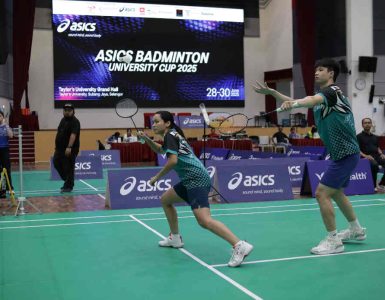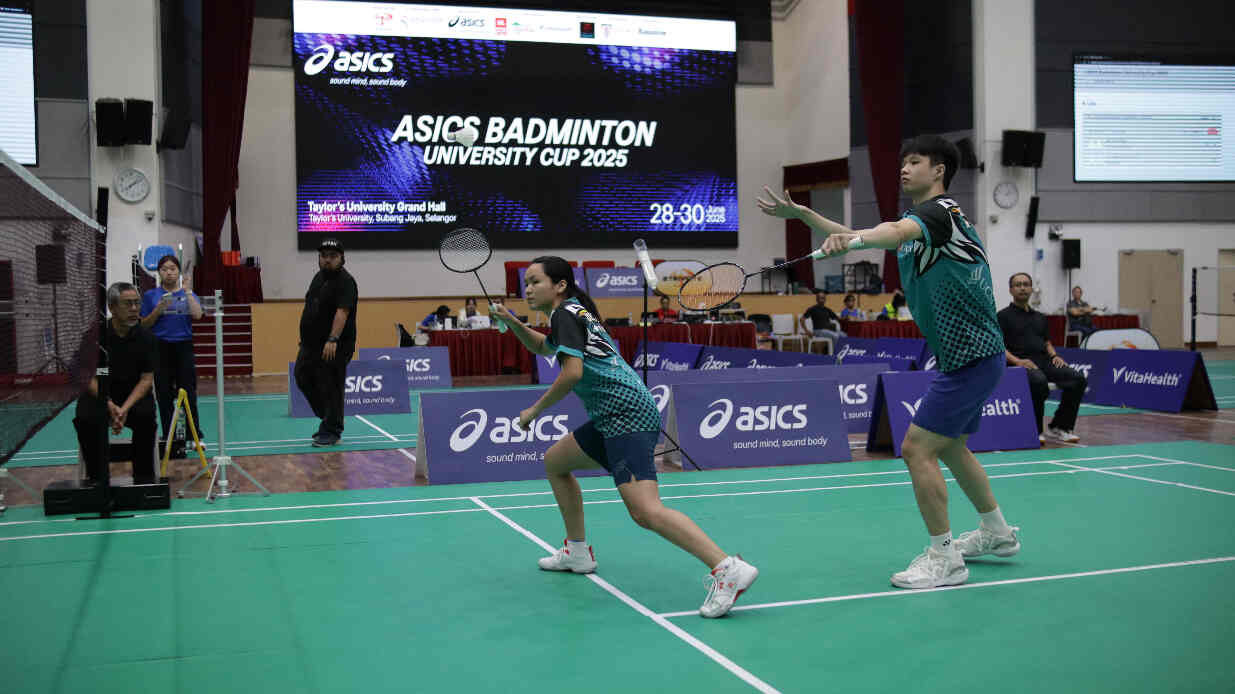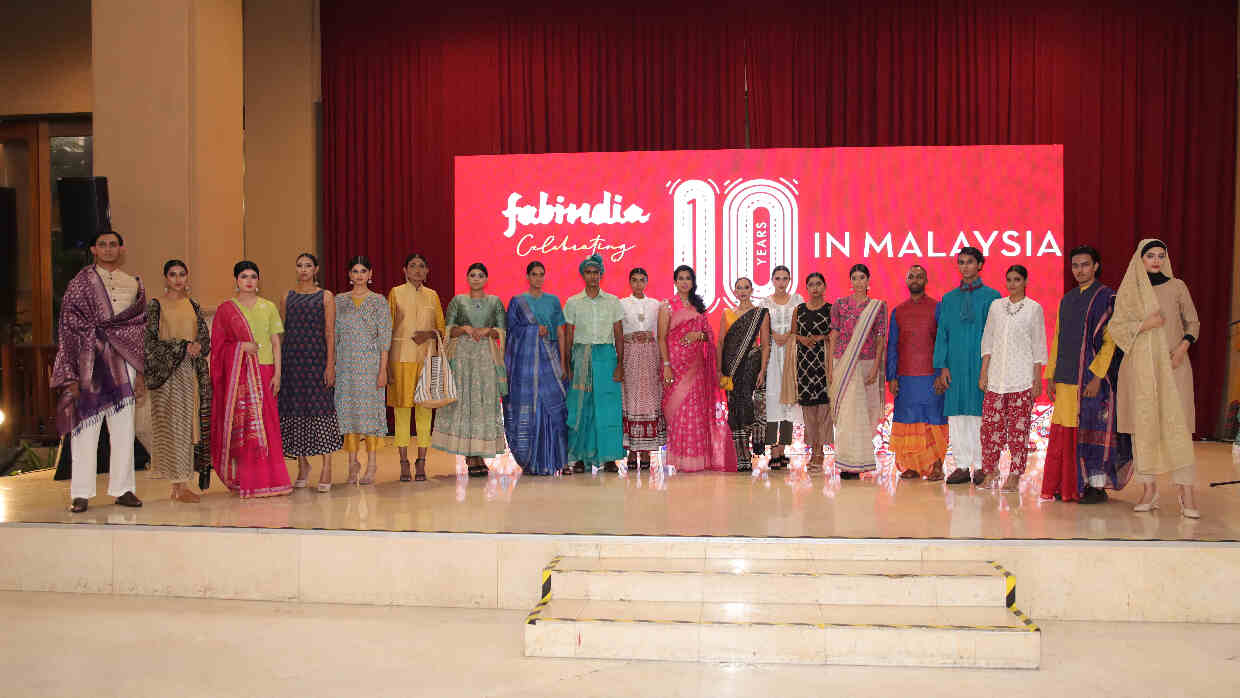
But smart, talented people rarely realise that one of the toughest hurdles they have to overcome lies within themselves.
People with above-average aptitudes – the ones we recognise as being especially clever, creative, insightful or otherwise accomplished – often judge their abilities not only more harshly, but fundamentally differently, than others do (particularly in Western cultures). Gifted children grow up to feel more vulnerable and less confident, even when they should be the most self-assured people in the room.
Understanding why this happens is the first step to righting a tragic wrong. And to do that, we need to take a step back in time.
Chances are good that, if you are a successful professional today, you were a pretty bright fifth-grader. You did well in several subjects (maybe even every subject) and were frequently praised by your teachers and parents.
When I was a graduate student at Columbia University, my mentor, psychology professor Carol Dweck, and another student, Claudia Mueller, conducted a study looking at the effects of different kinds of praise on fifth-graders. Every participant in the study received a relatively easy first set of problems to solve and was praised for their performance. Half of them were praised for their high ability (“You must be really smart!”), while the remaining students were praised for their strong effort (”You must have worked really hard!”).
Next, each student was given another, much more difficult set of problems – so difficult, in fact, that few students were able to get even one answer correct. This time, the students were told that they had “done a lot worse”. Finally, each student was given a third set of easy problems – as easy as the first set – in order to see how experiencing failure might affect their performance.
Professor Dweck and Ms Mueller found that children who were praised for their ”smartness” did roughly 25 per cent worse on the final set of problems as compared to the first. They were more likely to blame their difficulties with the tougher problems on a lack of ability and consequently enjoyed working on the final set of problems less and gave up on them sooner.
Children praised for the effort, on the other hand, performed roughly 25 per cent better on the final set of problems as compared to the first. They blamed their earlier difficulties on not having tried hard enough, persisted longer on the final set of problems and enjoyed the experience more.
It is important to remember that, in Prof Dweck and Ms Mueller’s study, there were no significant differences in ability between the kids in the ”smart” praise and ”effort” praise groups, nor were there differences in their rates of success – everyone did well on the first set and everyone had difficulty with the second set.
The only difference was how the two groups interpreted that difficulty – what it meant to them when the problems were hard to solve. ”Smart” praise kids were much quicker to doubt their ability, to lose confidence and to become less effective performers as a result.
The kind of feedback we get from parents and teachers as young children has a major impact on the way we think about our abilities – including whether we see them as innate and unchangeable, or as capable of being developed through effort and practice.
When we do well in school and are told that we are “so smart”, “so clever” or “such a good student”, we interpret such praise as meaning that traits like smartness, cleverness and goodness are qualities you either have or you do not. The net result: When smart-praise kids have difficulty learning something new, they take it as a sign that they are not “good” and “smart”, rather than as a sign that they need to pay more attention and try harder.
GIRLS HAVE IT HARDER
Incidentally, this is particularly true for women. As young girls, they learn to self-regulate (i.e. sit still and pay attention) more quickly than boys. Consequently they are more likely to be praised for “being good” and more likely to infer that “goodness” and “smartness” are innate qualities.
In a study Prof Dweck conducted in the 1980s, for instance, she found that bright girls, when given something to learn that was particularly foreign or complex, were quicker to give up compared to bright boys. And the higher the girl’s IQ, the more likely she was to throw in the towel – in fact, straight-A girls exhibited the most helpless responses.
We continue to carry these beliefs around with us throughout our lives. And because bright kids are particularly likely to see their abilities as innate and unchangeable, they grow up to be adults who are far too hard on themselves – adults who will prematurely conclude that they do not have what it takes to succeed in a particular arena and give up too soon.
Even if all of our professional roadblocks were removed – every inequality of opportunity, every unfair stereotype, every challenge we face balancing work and family – we would still have to deal with the fact that, through our mistaken beliefs about our abilities, we may be our own worst enemy.
How often have you found yourself avoiding challenges and playing it safe, sticking to goals you knew would be easy for you to reach? Are there things you decided long ago that you would never be good at? Skills you believed you would never possess?
If the list is a long one, you were probably one of the bright kids – and your belief that you are “stuck” being exactly as you are has done more to determine the course of your life than you probably ever imagined. Which would be fine, if your abilities were innate and unchangeable. But they are not.
No matter the ability – whether intelligence, creativity, self-control, charm or athleticism – studies show it to be profoundly malleable. When it comes to mastering any skill, your experience, effort and persistence matter far more than you may imagine. So if you were a bright kid, it is time to toss out your (mistaken) belief about how ability works, embrace the fact that you can always improve and reclaim the confidence to tackle any challenge. © 2011 Harvard Business Publishing (Distributed by The New York Times Syndicate)
Heidi Grant Halvorson, PhD, is a motivational psychologist and author of the e-book, 9 Things Successful People Do Differently, and the book, Succeed: How We Can Reach Our Goals.











